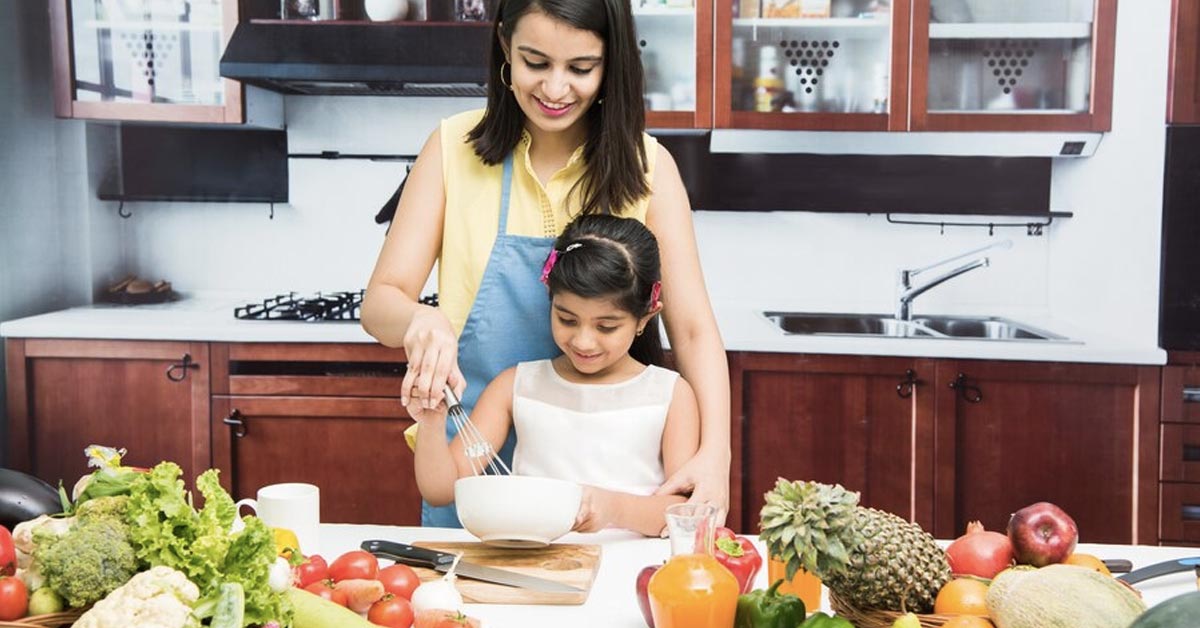Mealtimes can be a challenge for any family, but they can be especially difficult for foster families. Some foster children may not have been encouraged to engage in mealtimes or trauma has harmed their relationship with food. They may also struggle with new routines, environment changes, and uncertainty about the future. As a foster carer, it’s your responsibility to help them form a healthy relationship with food and eating, and below we’ll tell you how.
Create a Calming and Positive Environment
A calm and positive environment can help relax your foster children and encourage them to enjoy food. Here are some tips for creating a calm and positive mealtime environment:
- Use soft lighting and calming colors: This can help everyone to feel more relaxed.
- Have a designated dining area: This helps foster children associate a space with mealtimes, which reinforces routine.
- Avoid distractions: Turn off the TV and steer clear of loud conversations.
- Encourage open communication: Let your foster children know that it’s okay to talk about their feelings, even the negative ones.
Practice Patience and Understanding
Many foster children have experienced some form of trauma or neglect, which can have a significant impact on their relationships with eating and food. Consequently, it’s important to be patient and understanding as your foster children learn to develop eating habits. If there are days when your foster children don’t want to get involved, that’s perfectly reasonable.
If you need support to improve your patience, then get in touch with your agency. A reputable agency like Fosterplus will work alongside you to strengthen your skills, whether that’s through simple advice or scheduling further training.
Involve Children in Meal Planning and Preparation
Including children in meal planning a preparation can be rewarding for the entire family and it can help children develop healthy eating habits and life skills. Here are some ways to get your children involved:
- Let foster children choose meals
- Take foster children shopping and let them help cook
- Turn cooking into a family event
- Make it fun and age-appropriate
As well as letting your foster children get involved in the kitchen, there are other activities that will help encourage a positive relationship with food. For example, you can read cookbooks together and watch cooking shows.
Celebrate Mealtime Traditions
Mealtime traditions are a fantastic way to bring families together while making lasting memories, and the same goes for foster families. Making an effort to follow mealtime traditions helps to provide a sense of stability and routine, which can make all the difference when it comes to altering relationships with food.
Offer Nutritious and Varied Food Options
Children’s bodies and minds are developing, which is why a nutritious diet is essential. Make sure your mealtimes include plenty of fruit, vegetables, lean meat, and whole grains. It’s also important to provide a variety of flavors, so don‘t be afraid to experiment with new textures and colors to keep meals interesting.
By creating a positive and supportive mealtime environment, involving foster children in the cooking process, and providing healthy foods, you can encourage your foster children to engage in mealtimes.






